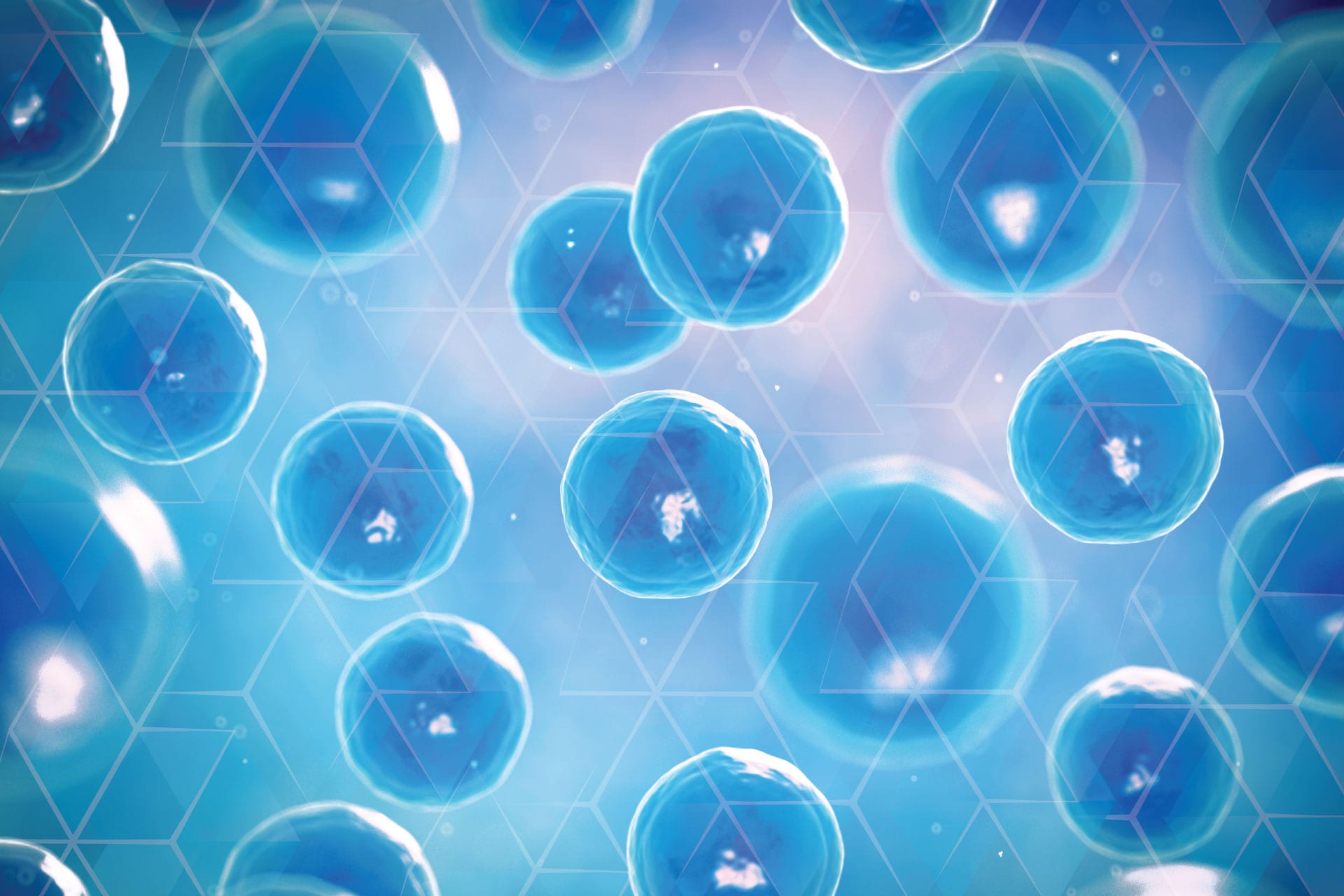Stem cells are the superstars of medical research.
Stem cells live in every tissue and organ in our bodies, and are responsible for repairing and restoring our tissues. There are several types of stem cells in our bodies that are formed in different locations and at different times during our development. These include embryonic stem cells and adult stem cells. Embryonic stem cells are responsible for the early embryonic development of all of our bodily organs and systems. Adult stem cells are found throughout our body and are responsible for daily healing and growth. Both embryonic and adult stem cells are studied extensively as promising sources for future medical breakthroughs.
Stem cells, including those found in our teeth, differ from all other cells in the body in that they have the amazing ability to divide and renew themselves, and can replicate and grow into any specialized cell that the body needs. They have the potential to heal and restore skin, nerves, muscles, bones, and much more. This unique ability to differentiate into any type of cell the body needs for healing and growth has made stem cells the superstars of medical research, and given rise to extensive scientific investigation and interest in stem cell banking. Advancements in stem cell biology have already created successful therapeutic strategies which seemed impossible not that long ago.
When we are young, our bodies house numerous healthy stem cells, but as we age, the stem cells in our body begin to decline in both quality and quantity. Every time your stem cells duplicate, they lose a tiny bit of their value, which makes it more difficult for our bodies to fight off disease or recover from injuries. This is why banking your stem cells as early as possible maximizes their viability for future use—and is another reason wisdom teeth extraction, which typically occurs during the teen years, is a timely and unique opportunity to harvest and preserve healthy, youthful stem cells.
Cord Blood vs Stem Cells From Wisdom Teeth
Stem cells from wisdom teeth show promise for the future of regenerative medicine.
There are significant benefits to banking stem cells from your child’s wisdom teeth even if you have already banked your child’s umbilical cord blood. Stem cells found in wisdom teeth are different from those extracted from umbilical cords. While cord blood stem cells have proven valuable in the regeneration of blood cells, stem cells from wisdom teeth can regenerate solid tissue types which can potentially repair connective tissue, bone, dental tissue, and nerve tissue. The stem cells in wisdom teeth are known as mesenchymal stem cells (MSCs)—these cells, like all stem cells, have the incredible ability to change into many different types of cells. MSCs, like those found in wisdom teeth, have already been used in the therapeutic treatment of type 1 diabetes, and the practical applications for these cells are expanding rapidly. Most wisdom teeth that are removed are healthy and brimming with these viable stem cells, and can be safely banked for possible future use in lifesaving or life-enhancing medical therapies.
Stem cells from cord blood and stem cells from wisdom teeth have the potential to be vital resources for the future health of your family, with a vast array of astounding treatment opportunities that are still being realized. Many families decide to bank both cord blood and stem cells from wisdom teeth as scientists continue to unlock the mysteries of these incredible cells.



